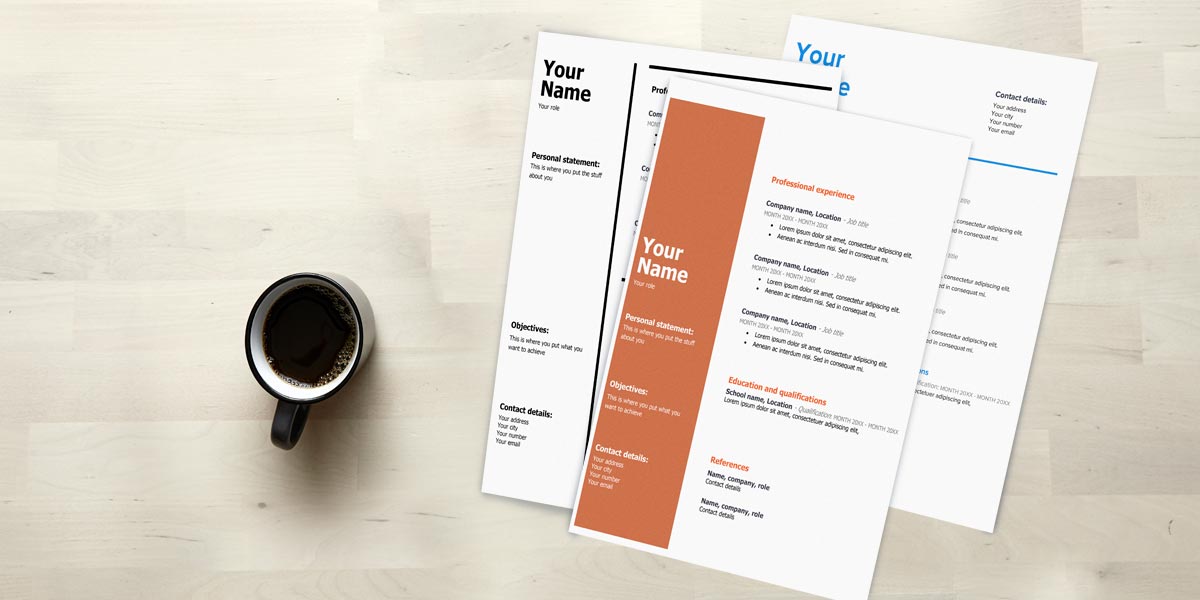Careers advice
Get it right: how to list education on your CV
Your CVs education section is important to employers, here's how to nail it.
What you’ll learn:
How to list education on a CV
1. What to include
2. How to format the education section of your CV
What not to do in the education section of your CV
Why do you need to include education on your CV?
1. Some roles require formal qualifications
2. Because you leave school or uni with more than just a certificate
3. It shows your interests
Other articles you might like




